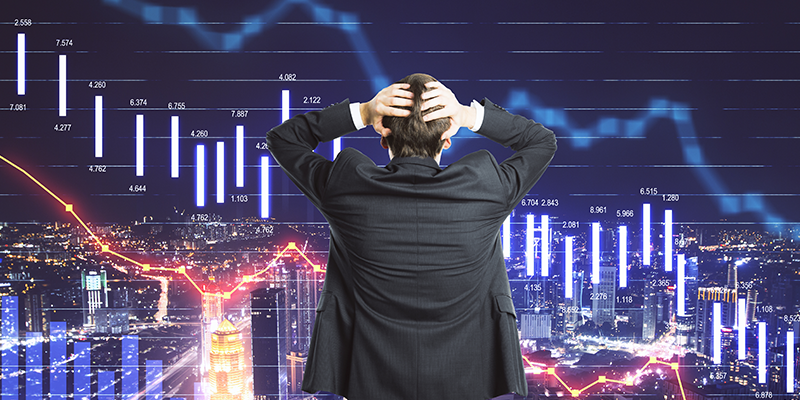Washington / New Delhi: The global economy has been teetering on the brink of a recession, marked by widespread financial instability and uncertainty. Several factors contribute to this precarious situation:
- Supply Chain Disruptions: The COVID-19 pandemic caused severe disruptions to global supply chains, leading to shortages of goods and raw materials. The ongoing recovery has been slow, exacerbated by geopolitical tensions such as the war in Ukraine.
- Energy Crisis: The conflict in Ukraine has led to a significant energy crisis, particularly in Europe. Sanctions on Russian oil and gas have led to skyrocketing energy prices, affecting both consumers and businesses.
- Inflation: Many countries are experiencing the highest inflation rates in decades. Central banks have responded with interest rate hikes, but these measures also risk slowing economic growth and potentially triggering a recession.
- Debt Levels: Both public and private debt levels have surged, limiting fiscal space and making economies more vulnerable to financial shocks. High debt levels can constrain government spending and investment, further slowing economic recovery.
- Labor Market Challenges: There are significant labor market mismatches, with some sectors experiencing severe labor shortages while others face high unemployment rates. This imbalance complicates economic recovery efforts and affects productivity.
- Climate Change: Extreme weather events linked to climate change are causing significant economic damage, disrupting agriculture, and leading to costly rebuilding efforts. These events can strain public finances and insurance systems.
- Technological Disruption: Rapid technological changes are reshaping industries, leading to job displacement and requiring significant investment in reskilling the workforce. While technology can boost productivity, the transition can be economically disruptive.
- Trade Tensions: Ongoing trade tensions between major economies, such as the US and China, create uncertainty and can dampen investment. Protectionist policies and trade barriers hinder global trade and economic growth.
To navigate these challenges, governments and central banks need to adopt coordinated and balanced policies that support economic stability while addressing structural issues. Investments in sustainable energy, infrastructure, and education can help build resilience against future shocks. However, the path to recovery is fraught with challenges, and the global economy remains vulnerable to new and unexpected disruptions.

---------------------------------------------------------------------------------------------------














